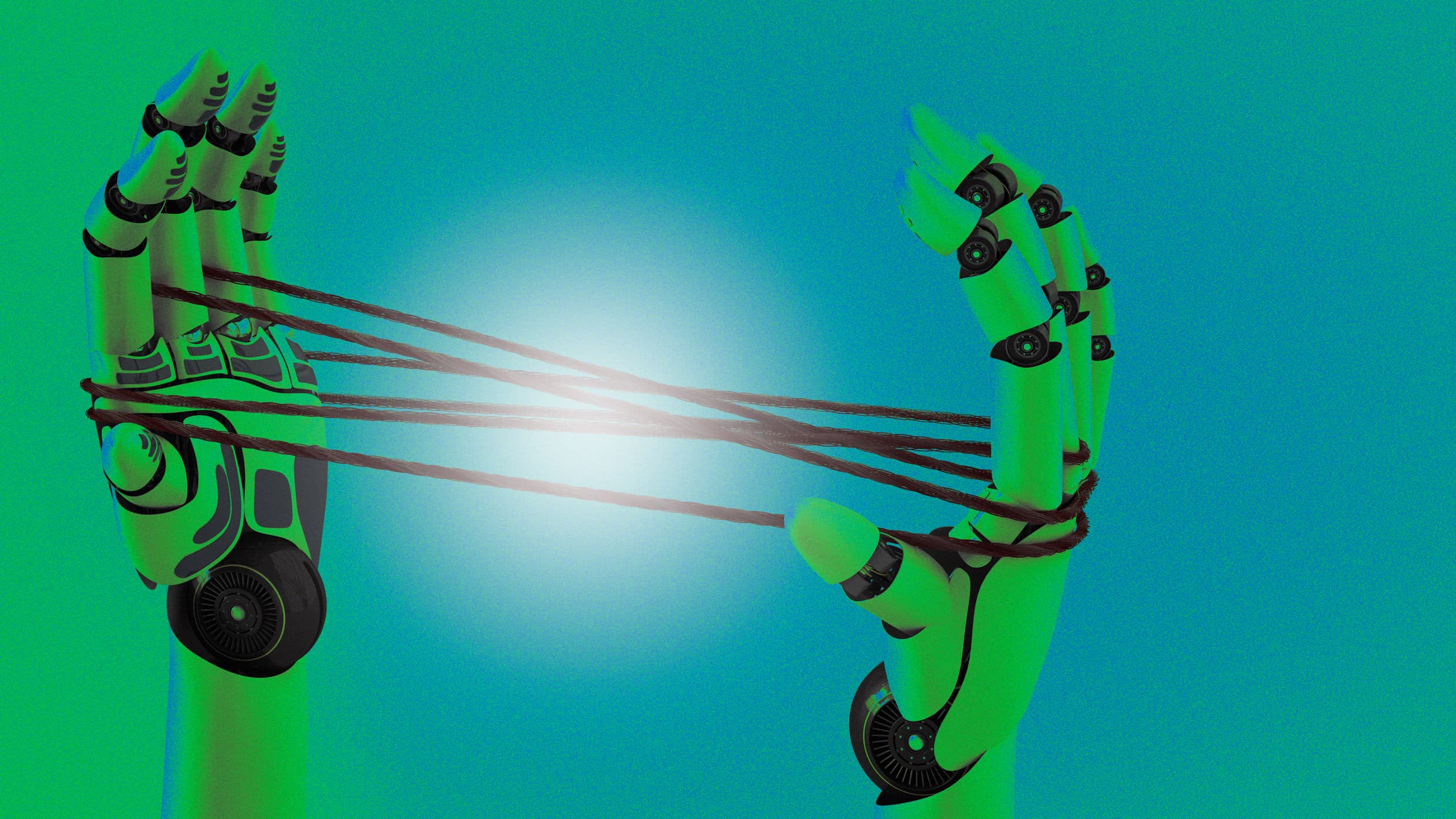Threads Users Report Pervasive AI-Generated Bots Fueling Divisive Narratives

Social media users on Meta's Threads platform are increasingly reporting a significant presence of automated accounts, or bots, that appear to be leveraging artificial intelligence to spread divisive content. These observations suggest a growing challenge for platform integrity and user experience, with some accounts actively attempting to manipulate online discourse. The prevalence of these AI-generated entities has prompted warnings from users to disengage from such interactions.
A prominent social media observer, known as "Havoc," recently highlighted this issue, stating in a widely circulated tweet, > "Threads full of bots calling for civil war. Half of them have an AI-generated profile photo, the standard bio schlop, and the standard banners. Stop fucking engaging them. They are there for a reason, and they aren't on your side." This sentiment resonates with a growing number of Threads users who describe encountering profiles with generic characteristics and inflammatory posts.
Reports from users on platforms like Reddit corroborate these concerns, detailing feeds inundated with "rage-bait," "gender wars," and "political incitement" often attributed to these suspected bot accounts. Many users describe seeing "fake profiles" and "AI-generated pictures" promoting scams, adult content, or highly polarizing viewpoints. This has led some to question the authenticity of engagement on the platform, with one user noting, "not a single post or reply looks real."
The proliferation of AI-generated content is not unique to Threads; reports indicate a general surge in AI-created spam images across Meta's platforms. A recent study published in Nature.com, analyzing social media bot characteristics, found that bots often use more abusive language and focus on political themes and societal fault lines like gender and race. This research indicates that bots are increasingly designed to appear human-like, with AI-powered botnets emerging that utilize large language models to generate more convincing content, posing a significant challenge for detection.
While bot detection algorithms continue to evolve, the Nature.com study, covering data up to 2025, still classified approximately 20% of social media users as bots, reflecting their persistent presence. The aggressive and coordinated nature of these automated accounts, often aimed at influencing human users, contributes to a polarized online environment. As more than half of internet traffic in 2023 was generated by AI agents, the issue of distinguishing authentic human interaction from automated influence remains a critical concern for social media platforms and their users.